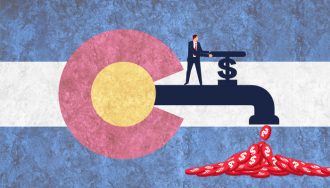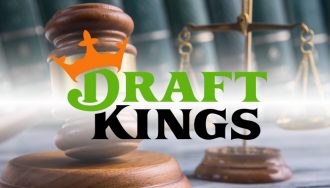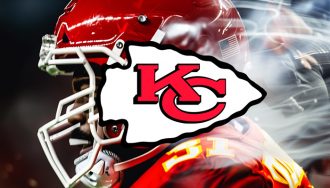 Colorado Could Increase Gambling Tax Allocated to Water ProjectsRead Article
Colorado Could Increase Gambling Tax Allocated to Water ProjectsRead Article Amelia WalkerMay 06, 2024
Amelia WalkerMay 06, 2024
As Minnesota lawmakers continue to work towards legalizing sports betting, the issue of including racetracks in the legislation has become a significant point of debate.
During a recent informational hearing of the House Commerce Finance and Policy Committee, Chair Zack Stephenson’s bill, HF 2000, faced significant pushback from committee members over its treatment of the state’s horse racing industry.
One of the most controversial aspects of Stephenson’s bill is its outright ban on historical horse racing (HHR) at the state’s racetracks. Stephenson made his stance on the issue clear:
I just want to be very clear with folks, there is no universe in which any bill that leaves this committee is going to authorize historical horse racing at the tracks. That’s a total non-starter. Will not happen.
HHR allows bettors to wager on previously run races without knowing the race’s specific details, relying instead on the odds assigned to each horse.
Representatives Anne Brindley and Isaac Schultz, both Republicans, spoke out to support the racetracks during the hearing. Brindley argued that the $625,000 in annual funding for the tracks included in Stephenson’s bill was insufficient, calling it “couch-cushion money.” She pointed out that in other states where sports betting has been legalized, racetracks have seen significant revenue losses.
Schultz echoed these concerns, suggesting that the HHR ban would negatively impact Minnesota’s agriculture industry. Taro Ito, CEO of Running Aces racetrack in Columbus, went even further, accusing Stephenson of working to “destroy” his business.
Another point of debate during the hearing centered around how to structure revenue sharing among Minnesota’s 11 Native American tribes, which currently hold a monopoly on casino gambling in the state. Some committee members, including Rep. Tim O’Driscoll, suggested that the legislature should mandate revenue sharing between the larger and smaller tribes to ensure a fairer distribution of funds raised from sports betting.
Stephenson pushed back against this idea, arguing that it was not the legislature’s role to dictate how sovereign tribal nations choose to spend their money. He told the committee members that respecting tribal sovereignty was something Minnesota had done throughout its long history.
As the Minnesota legislative session enters its final weeks, the fate of sports betting legalization remains uncertain. Stephenson’s bill is just one of two proposals currently moving through the legislature, with Sen. Matt Klein’s SF 1949 stalled in the Senate State and Local Government and Veterans Committee.
For sports betting to become a reality in Minnesota this year, lawmakers must find a way to bridge the gaps between the various stakeholders, including racetracks, tribes, and charitable gaming organizations. With time running out and significant differences remaining, the road ahead appears challenging.
Despite the obstacles, Stephenson remains optimistic about the prospects for his bill. He claims to have left multiple options on the table and “not to have drawn many red lines”. Whether that flexibility will be enough to get a sports betting bill across the finish line remains to be seen.
 Colorado Could Increase Gambling Tax Allocated to Water ProjectsRead Article
Colorado Could Increase Gambling Tax Allocated to Water ProjectsRead Article Amelia WalkerMay 06, 2024
Amelia WalkerMay 06, 2024 Deceptive Promotions Lead to Legal Actions Against DraftKingsRead Article
Deceptive Promotions Lead to Legal Actions Against DraftKingsRead Article Lisa SpencerMay 04, 2024
Lisa SpencerMay 04, 2024 Strong Support Shown for Sports Betting Referendum in MissouriRead Article
Strong Support Shown for Sports Betting Referendum in MissouriRead Article Lisa SpencerMay 01, 2024
Lisa SpencerMay 01, 2024